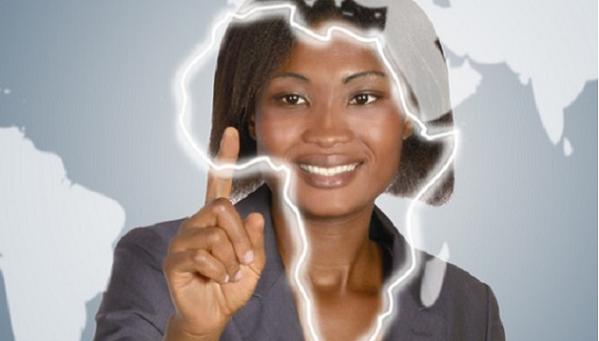
MasterCard announced its expansion into seven new markets across Central and West Africa. The addition of Chad, Central African Republic, Guinea-Bissau, Liberia, Sierra Leone, Rwanda and The Gambia to the MasterCard network extends the company’s presence to 48 of the 55 markets that make up the continent.
MasterCard’s acceptance footprint, its network of ATMs and Point of Sale (POS) terminals, has increased significantly to reach more than 58,000 ATM locations and 438,000 POS terminals across Africa.
Other main results across the continent reported by MasterCard since January 2013:
• A multi-country licencing contract recently signed with Ecobank, the broadest deal of its kind for MasterCard in Africa, will provide access to MasterCard’s payment solutions for Ecobank’s customers in 28 African countries, including the seven new markets.
• In Zimbabwe, the country’s first EMV cards were rolled out as a result of MasterCard’s collaboration with Metbank.
• In Kenya, the company announced a partnership with Equity Bank to roll out five million EMV, contactless-enabled debit and prepaid cards. This partnership will extend into Uganda, Tanzania, Rwanda and South Sudan.
• Still in Kenya, MasterCard and Equity Bank announced the introduction of Mobile Point of Sale (MPOS) technology, a partnership with leading MPOS provider Ezetap.
• Also in Kenya, MasterCard and Kenya Commercial Bank announced a partnership to roll out five million EMV, contactless-enabled prepaid, debit and credit cards.
• In Nigeria, the Nigerian National Identity Management Commission (NIMC) also announced last year that MasterCard technology would power the National Identity Card.
• In South Africa, MasterCard celebrated a remarkable milestone as 10 million citizens now receive their grant disbursement payments electronically through the SASSA MasterCard Debit card.
• In Tunisia, the Central Bank of Tunisia selected MasterCard payment technology for a government travel card designed specifically for its employees.
• In Morocco, Banque Marocaine du Commerce Extérieur (BMCE) and Prepaid Solutions Company Vantage Payment Systems (VPS) launched a MasterCard Payroll Prepaid Program to address the financial needs of interim workers, in addition to extending the cards to local security agencies and cleaning companies.
• In Egypt, MasterCard and Etisalat, along with National Bank of Egypt (NBE) launched the mobile payment wallet titled “Flous”, bringing Etisalat Egypt’s subscriber base safe and convenient payment services through the power of their mobile phones.
• Also in Egypt, MasterCard, NBE, Fawry and the Egyptian Banks Company announced the launch of “Phone Cash”, an innovative mobile payment service that operates independently from the network of any specific mobile company.
“The continent has immense strategic importance to MasterCard and we will continue to invest in infrastructure, people and know-how in this part of the world. This has been the fastest growing area for MasterCard for the past few years, and we expect it to continue to register high growth.”, says Michael Miebach, Middle East and Africa President at MasterCard
Banking 4.0 – „how was the experience for you”
„To be honest I think that Sinaia, your conference, is much better then Davos.”
Many more interesting quotes in the video below: